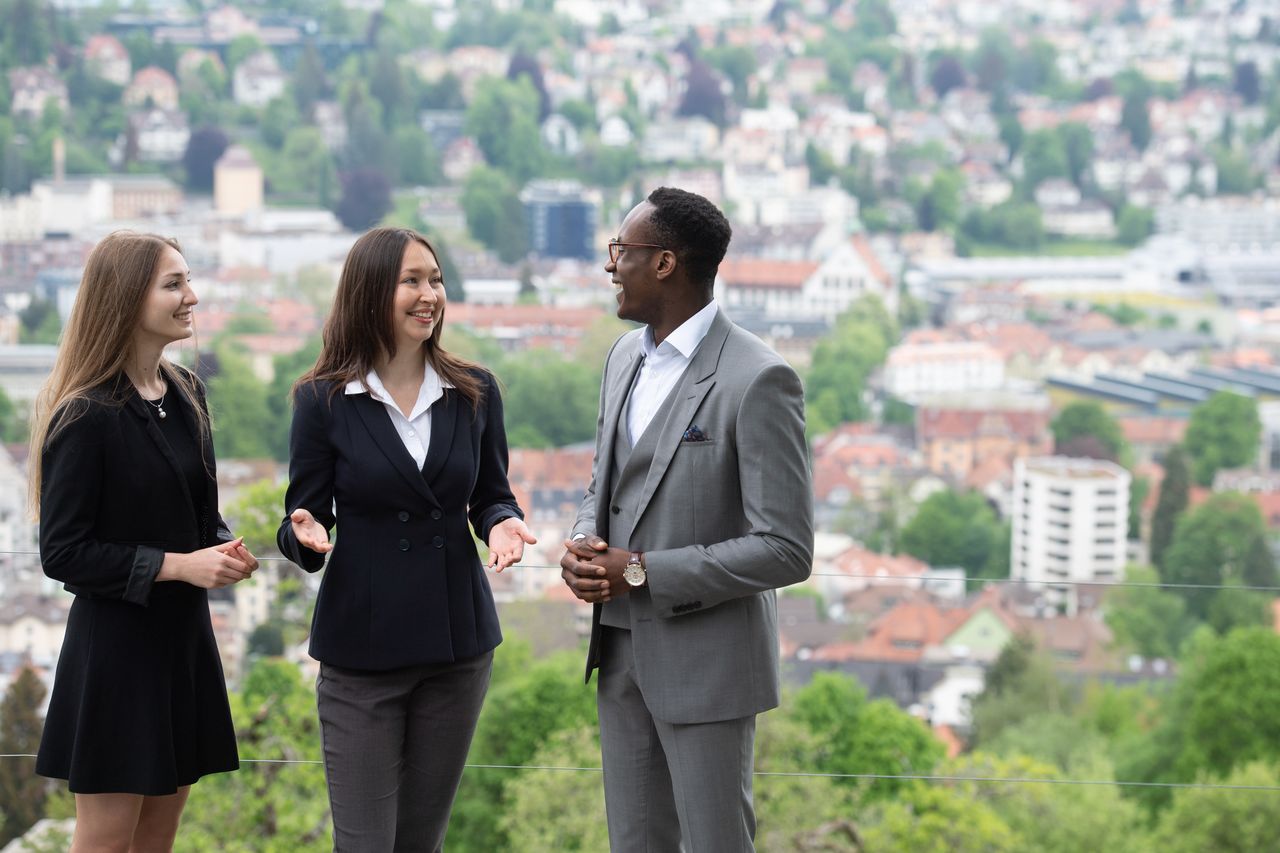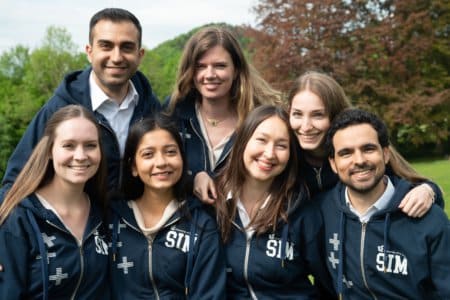Through Tesla, Elon Musk has popularised electric vehicles, challenging the status quo of the automotive industry. Recognising the environmental impact of the fashion industry, Yvon Chouinard fuels Patagonia’s commitment to ethical sourcing, fair labour practices, and environmental conservation. Satya Nadella, the CEO of Microsoft, has spearheaded initiatives to provide affordable internet access to underserved communities.
These luminaries, and others like them, have proven that true leadership extends far beyond profit-making and that real success has the potential to effect positive societal change. The University of St.Gallen agrees, which is why it innovated its Master in Strategy and International Management (SIM) in 2004, the flagship management programme for tomorrow’s responsible global leaders. By 2022, it ranked #1 for an unparalleled 12th consecutive time in the Financial Times’ Global Masters in Management Ranking.
The programme owes its success to the formula “from insight to impact”. Specifically, how its graduates use their understanding of strategy, international management and ethical leadership to create impact. It’s this very combination that prepares them to approach complex global challenges with a forward-thinking and principled mindset.
“Management education is a powerful agent to bring about fundamental change, spur progress in organisations and contribute to the well-being of humanity and our planet,” says Professor Dr. Omid Aschari, SIM Managing Director.
It all begins with SIM Start Professional, a compulsory integrative week that primes students for the journey ahead. It features a series of seminars centred around crucial managerial topics, providing a foundation for their subsequent studies. It also offers an opportunity for students to build a lasting social network, further enriched by the support of peer mentors from previous SIM generations, otherwise known as SIM Buddies.
Immersed and engaged, learners begin their curriculum, which consists of 90 ECTS credits and spans approximately a year and a half. It encompasses key subjects like strategy, leadership, finance, marketing, organisational behaviour, and international management. Alongside these, advanced courses are supplemented with SIM Integratives, allowing students to address significant management challenges by adopting a comprehensive approach to relevant disciplines.
Classes are small, ensuring every student receives the personalised attention they deserve. The SIM also emphasises personal reflection and the power of tailored feedback as part of its diverse learning experience.
“Being in the SIM [programme] has so much more to it than a top-tier education,” shares student Deniz Nam. “It is a learning and change-making journey while being surrounded by warm, smart, hardworking, and humble people who set out to achieve great things for the world.”
Plenty of connections are forged beyond the classroom, too. The SIMagination Challenge, an innovative compulsory course, sees students engaging in challenging projects across the globe — all of which are inherently aligned with the United Nations Sustainable Development Goals (SDGs) and spark positive and enduring social change. While making a difference, students develop the competencies and qualities required to lead with impact.
Over the years, initiatives have been created, adjusted to different locations or adapted to address larger needs. Some concluded naturally, while others had to pause due to external factors like political unrest or natural disasters. Inspired SIMmies have also introduced new initiatives.
Currently, the lineup includes Insight Cambodia, which focuses on providing education and nutrition support to impoverished children in Cambodia. PureDrops seeks to improve immediate access to clean drinking water. The SIMcubator Bangladesh and Rwanda believe that entrepreneurship is a powerful tool in combating poverty and fostering local change — it helps local entrepreneurs develop customised solutions for their communities.
Meanwhile, through SIMrise, students work toward enhancing the quality of life for Cambodian communities by improving health, nutrition, and education. The SIMocean initiative strives to rid the world’s oceans of plastic pollution. Lastly, XHUMA’s mission is to end cycles of poverty in South Africa by teaching underprivileged students about financial literacy. Such opportunities show students how their lives are inextricably woven with the well-being of others.
“The holistic SIM curriculum is accompanied by the opportunity to have intercultural experiences, which lays the ground for a unique learning curve,” says student Mohammad Abdi. “Not only do we have the chance to learn in the classroom, but to challenge ourselves and take the lead in real-world projects. The programme provides us with the tools to face the challenges of our time in the best way possible.”
To further explore what the SIM programme can do for your world-changing aspirations, click here.
Follow the University of St.Gallen SIM programme on Facebook, Instagram, X, and YouTube













